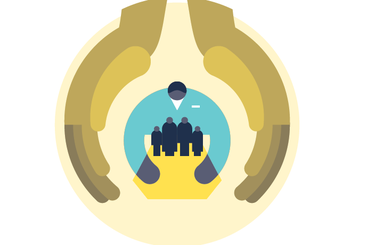There is growing investment in national social protection systems for addressing the needs of people affected by crisis, rather than channelling support through entirely parallel humanitarian systems. This has combined with a decade-long movement to adopt longer-term development approaches to protracted displacement, resulting in significant interest in the greater use of social protection for supporting the needs of forcibly displaced people.
ODI has undertaken a three-country study, in Greece, Colombia and Cameroon, to analyse the potential for greater connections between humanitarian assistance to displaced populations and national social protection systems.
This report looks at two case study sites in Cameroon. East region is home to some 300,000 refugees fleeing conflict in the Central African Republic. While around a quarter are in managed camps, the majority live in host communities. In Far North region, Boko Haram violence has displaced over 100,000 Nigerian refugees, alongside over 300,000 registered IDPs.
This report presents the findings from the primary research in Cameroon, which was carried out in the first half of 2021 by researchers at Centre for Applied Social Sciences Research and Training (CASS-RT) and ODI.
This output is part of a larger two-year research project studying approaches to assisting affected populations in contexts of forced displacement. For more information and other project outputs, see here.







